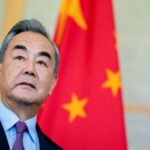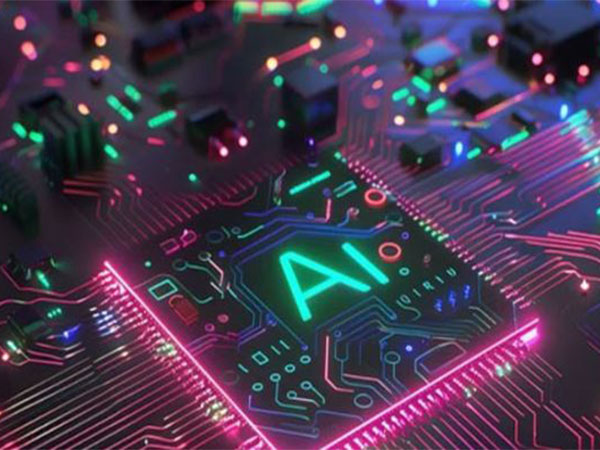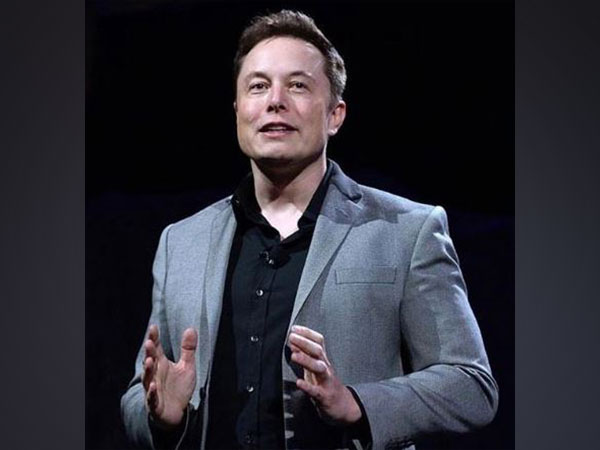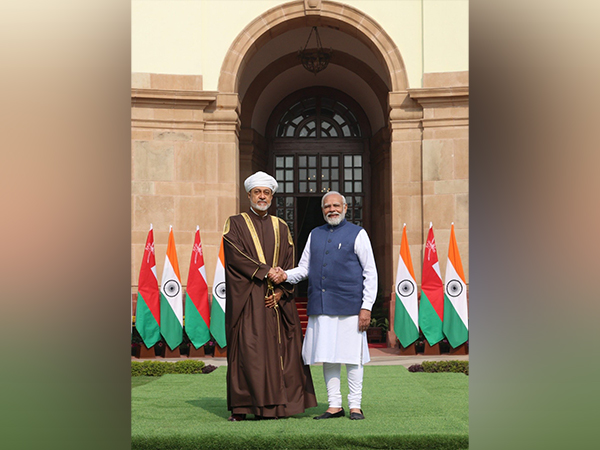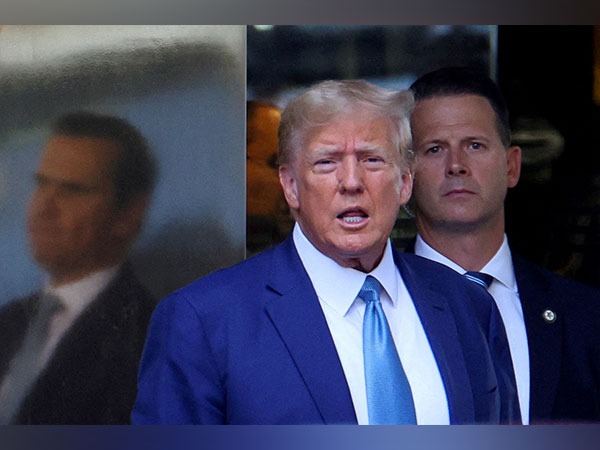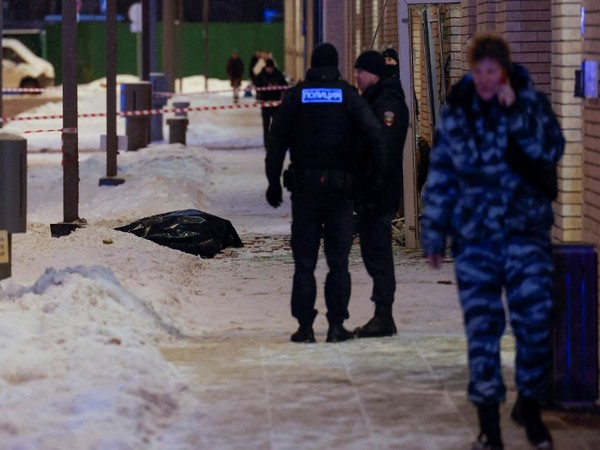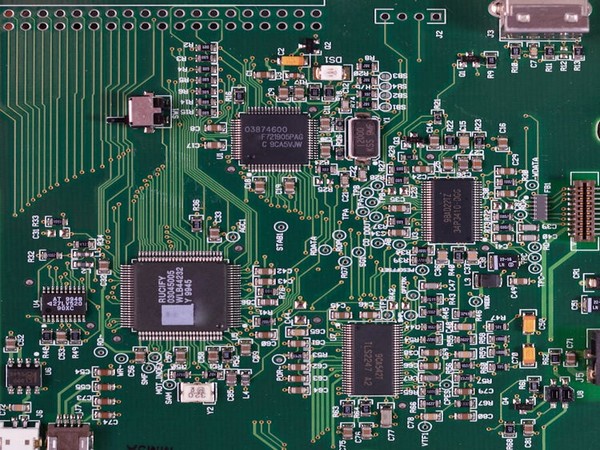
Taipei [Taiwan], December 17 (ANI): Taiwan Semiconductor Manufacturing Co (TSMC) Chairman and CEO CC Wei has suggested that multifunctional service robots could be the next area where Taiwan makes a significant global impact, leveraging its strengths in chip manufacturing and software design, Taipei Times reported.
Speaking at the National Science and Technology Conference in Taipei, Wei emphasised Taiwan‘s capability to contribute to the development of AI-powered robots, a sector gaining momentum in the tech world.
In his speech, Wei explained that AI and AI applications were the most discussed topics during recent conversations with TSMC‘s clients, including major companies like Nvidia, Apple, and Tesla. Wei pointed out that Taiwan‘s advantages in chip manufacturing, chip packaging, and data centre production provide an ideal foundation to play a central role in the rapidly expanding AI sector.
“We have good chip design houses capable of designing all sorts of products,” he said. “We have good technologies in chip manufacturing, chip packaging, and data centre production, allowing us to play a central role in the AI sector.”
Wei highlighted the growing trend of versatile service robots as a key future opportunity, based on insights from TSMC‘s customers. He shared an anecdote about a conversation with a billionaire, widely believed to be Tesla CEO Elon Musk, who expressed his interest in developing multifunctional robots instead of focusing on cars.
“He told me [developing] versatile robots is the direction he is striving toward, not cars,” Wei shared. “I asked him what worries him the most about developing such robots; he said lack of chip supply would be his biggest concern.”
TSMC‘s chairman playfully assured the billionaire that chip supply would not be a problem, as long as there was payment. Wei’s remarks tie into the growing global interest in robots like Tesla‘s humanoid robot, Optimus, which is scheduled to enter limited production next year.
Given the demand for advanced chips, Wei sees Taiwan‘s tech ecosystem as poised to contribute significantly to the development of multifunctional robots that require high-performance AI chips, software, and precision machinery, reported Taipei Times.
In addition to robots, Wei pointed to drones as another promising area for Taiwan‘s future focus. He encouraged Taiwanese software developers and precision machinery manufacturers to invest in this field, as drones have a wide range of applications, from measurement tasks to transporting goods, and even people. “Drones can be applied to a wide range of services, from measurement to transporting goods and even humans,” he said.
Taiwan‘s government is also working to integrate science and technology into daily life. In his opening speech, President William Lai highlighted the importance of facing the rise of AI and geopolitical challenges through science and technology.
Lai noted that the Executive Yuan’s Economic Development Commission has approved six flagship regional projects aimed at improving healthcare, transportation, housing, and tourism, all with the goal of fostering greater technological integration.
The government is also increasing next year’s science and technology budget by NTD 7.7 billion to NTD 196.5 billion, emphasising Taiwan‘s ambition to become a world leader in tech innovation, Taipei Times reported.
The National Science and Technology Conference is an essential platform for drafting Taiwan‘s future policy, combining input from industry experts, academics, and technology leaders.
Minister of Science and Technology Wu Cheng-wen stressed that this year’s conference would be a critical event for setting long-term research and development goals, ensuring that Taiwan remains at the forefront of technological progress. (ANI)



